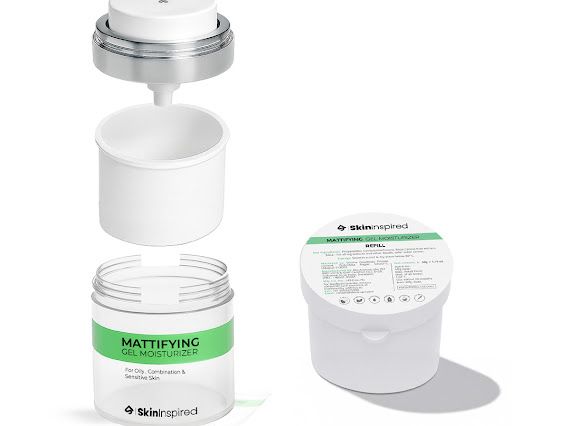
In the saturated world of beauty marketing, packaging often ends up being treated like the ribbon on a gift—pretty, but ultimately superficial. But for SkinInspired, a dermatologist-led regenerative skincare brand, packaging is anything but decorative. It’s strategic. It’s clinical. And in many cases, it’s the very reason a formulation works.
Backed by Unilever Ventures and co-founded by FMCG veteran Piyush Jain and celebrated dermatologist Dr. Prashant Agrawal, SkinInspired represents a shift in Indian skincare – away from vanity, and toward verified science. That philosophy doesn’t stop at what’s inside the jar. It starts from the outside.
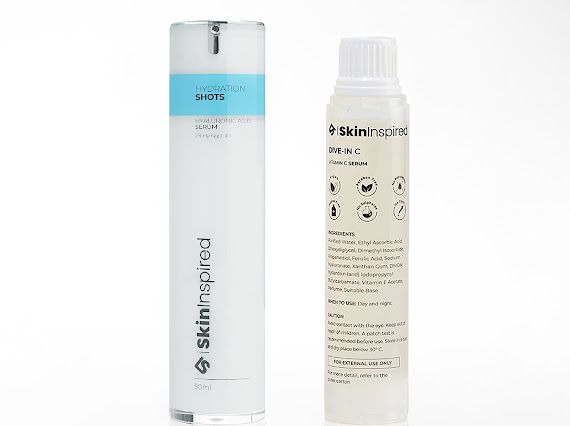
Q1: Why is packaging so important in the skincare industry, beyond aesthetics?
In skincare, packaging is not just a container—it’s a delivery system. Especially when working with potent actives like retinol or niacinamide, packaging plays a critical role in preserving efficacy. If your formula degrades before it hits your skin, it’s functionally useless.
At SkinInspired, we engineer our packaging with the same scientific intent as our formulations – to maintain stability, enhance hygiene, and ensure every dose delivers what it promises.
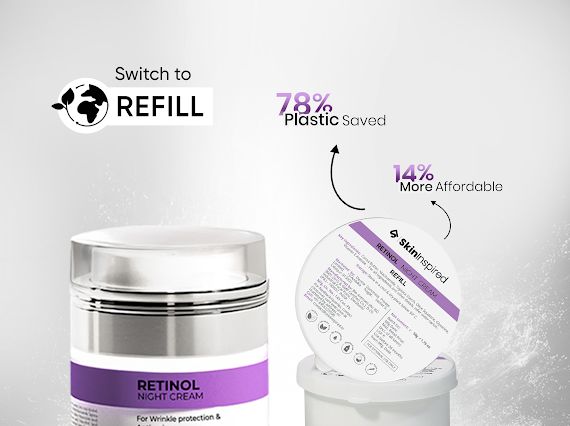
Q2: Can packaging directly impact the efficacy of skincare actives?
Absolutely. Exposure to light, oxygen, or repeated contact can break down active molecules and even make them irritating. That’s why we use airtight, UV-shielding, airless pumps for high-performance actives.
“The most advanced formula is useless if it doesn’t stay active on your skin.”
Formulation without packaging science is like writing a prescription and handing it out in a paper bag.
Q3: How does packaging influence hygiene, and why should consumers care?
Hygiene isn’t just about aesthetics – it’s about microbial safety. In a country like India, with heat and humidity, open jars can become breeding grounds for bacteria. We’ve seen this firsthand in dermatology practice.
Our packaging is designed for no direct contact, especially for water-based or sensitive-skin formulations. Pumps, sealed refill pods, and tamper-proof designs help minimize external exposure from day one.
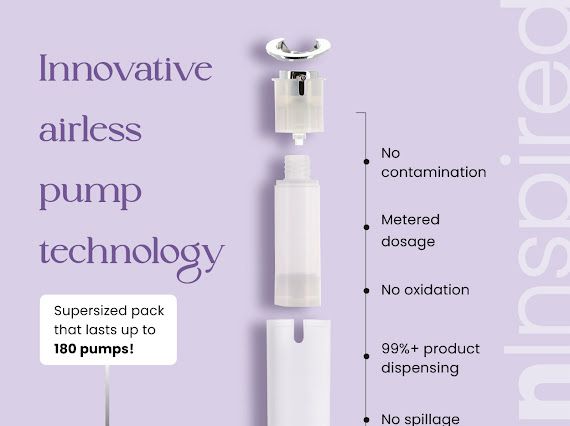
Q4: What’s your perspective on sustainability in skincare packaging?
We don’t believe skincare should come at the expense of the planet. Sustainability isn’t a checkbox – it’s a design principle.
This year, we launched refillable moisturizers that reduce plastic usage by up to 78% per use and are 14% more affordable for returning customers. It’s good for the earth, and it makes long-term skincare more accessible.
“Refillable packaging isn’t just eco – it’s engineered smarter.”
Q5: What are the technical considerations when designing packaging scientifically?
We obsess over the details: Oxygen transmission rates. Light permeability. Material compatibility. Dispensing precision. Every element – from nozzle shape to wall thickness – is mapped out during product development.
Take our Dive-In C Serum. It’s housed in a transparent airless pump, but the material is polymer-treated to block out UV degradation, protecting the unstable vitamin C molecule without compromising aesthetics. The same applies to our Retinol Night Cream, which utilizes a sealed push-down pump to keep out air and bacteria.
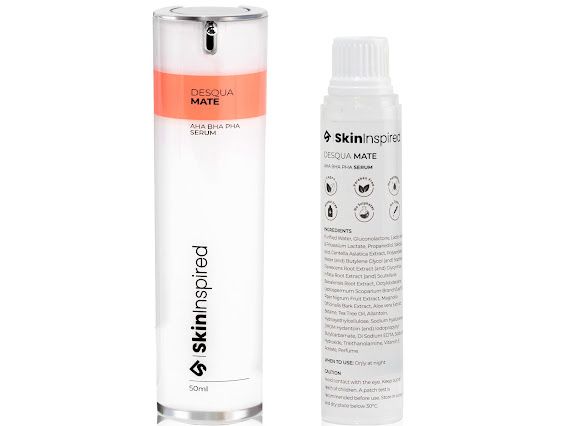
6: How is SkinInspired’s approach different from other brands that treat packaging as an afterthought?
Because we approach skincare as a clinical science, not just a beauty ritual. For us, the packaging is a functional extension of the formula.
We don’t stop at ‘what looks good.’ We ask – what protects this molecule? What supports skin barrier integrity? What’s safe for acne-prone or sensitive skin? That’s where packaging shifts from design to dermatology.
Q7: So when you say SkinInspired is science-first, you mean beyond ingredients?
Exactly. The science doesn’t end at formulation – it extends to every layer of the product experience.
From material selection to dispensing systems to refill compatibility, we engineer with precision. Because when packaging is done right, it becomes part of the treatment, not just the presentation.



